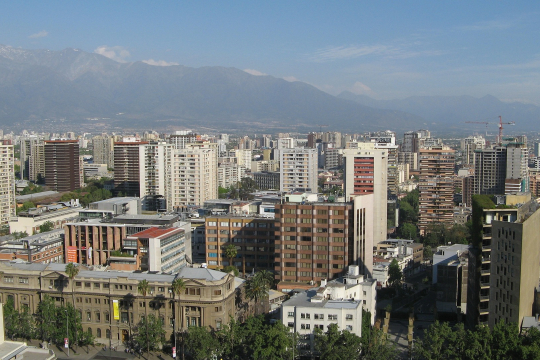Abstract
Latin America, as other regions in the world, imposed mobility restrictions to tackle the COVID-19 pandemic. Although recent research has analyzed the effect of mobility restrictions on air quality in several regions, a scarce literature explores the causal effects of the lockdowns in Latin America at a city scale whose results may guide local policymaking. This article, based on a quasi-experimental approach, estimates the causal short-term impacts of lockdowns on air quality considering the influence of forest fires on pollution in four megacities in Latin America (Bogotá, Mexico City, Santiago, and Sao Paulo). Results show that nitrogen oxides and carbon monoxide consistently declined (from 16% to 68%), nevertheless, fine particles rarely decreased across cities. Only Bogotá exhibited an overall reduction in fine particles (45% for PM2.5). Mexico City obtained the lowest reduction in pollutants, whereas Bogotá outperformed other cities in several pollutants. Evidence from mobility statistics supports the decrease in air pollution by a reduction in driving, transit use, and other mobility indicators.

